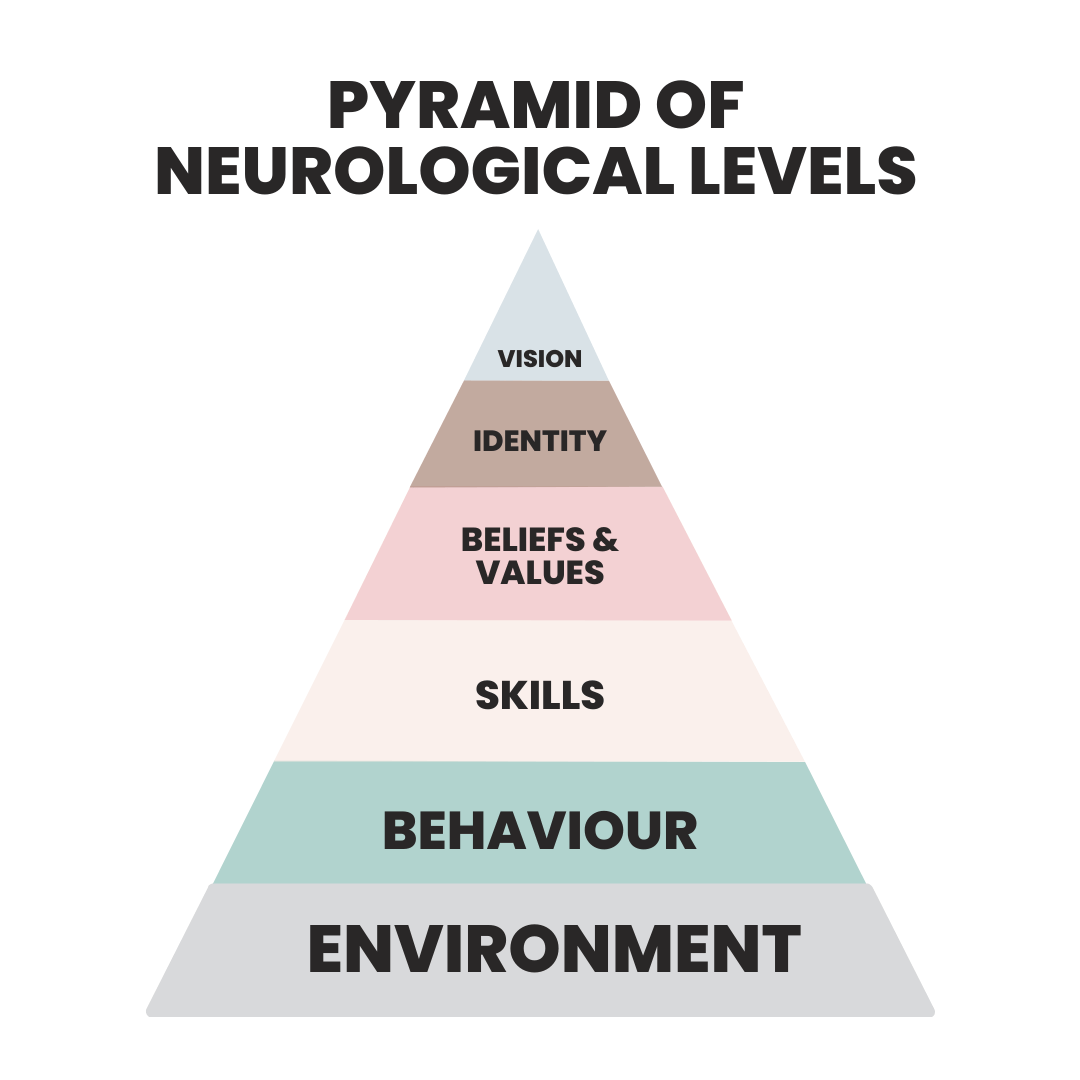1. The definition of coaching
Motto: I have six reliable servants. They have taught me everything I know. They are called What, Why, When, How, Where and Who - Rudyard Kipling
Coaching is a process based on a specific, partnership relation lasting from several to over a dozen sessions between a coach and a coachee (the client), using the method of supporting and reaching the goal selected by the client.
The improvement of quality of life through the effectiveness and exploration of personal potential is the key task of a supportive coach, who guides the coachee through the process by means of selected methods and tools, by asking open questions and a coaching presence.
Creativity, original ideas and conclusions, the inclusion of personal resources and self-mobilisation are key in a coaching partnership. The client and the coach are on an equal level.
The important difference between mentoring and coaching - different forms of supporting development - is that the client takes sole responsibility for their choices, decisions, and achieving the intended results.
The coach leads the process using appropriate tools and based on the client's resources, which they extract from the coachee.
The principle of equality and cooperation plays a key role in the relationship. The client is not constrained, has the right to make mistakes, can tell the whole truth and discover new solutions. They will develop self-awareness, which will allow them to introduce new solutions into their life.
Coaching is multidisciplinary, which means that it draws from many disciplines - philosophy, psychology, sociology, pedagogy, and management science; to name a few. This allows us to adjust the approach and working methods for each type of client.
The task of the coach during the process is to approach the other person in a holistic, comprehensive way. They should refer to all levels of life.
The creators of the model, which is based on these levels and called the Pyramid of Neurological Levels, are Gregory Bateson and Robert Dilts. Each one links to the previous one. Their hierarchy is fixed.
The aim of the coach is to ask questions, stopping at each of the different levels - starting with the environment, through behaviour, abilities and skills, through beliefs and values. Reaching higher levels of identity and ultimately spirituality/mission. This can be rearranged using a pyramid.

Year after year, coaching is gaining in popularity. The word coach originally comes from sport and describes a coach of an individual or a team. The term was introduced to business in the second half of the 20th century. Nowadays, the word "coach" has already been introduced in widely understood personal or business development.

2. The competencies and ethos of a coach
"The sole aim of a coach is to work on the client's developing his full potential - as he defines it himself " (J. Rohers, Coaching).
The task for the coach will therefore be to follow the process and maintain attention to what is important to the client. A great help for a coach will be the knowledge in fields that cover important aspects of human knowledge.
An example could be psychology, through which the coach learns the basic mechanisms concerning perceptual communication. They recognise the intentions on which a relationship with other people can be built. However, they do not have to be a qualified psychologist.
Professional coaching will be conducted when the person leading the process acts in accordance with the standards of (ICF) "key competencies of coach's work".
The competencies are intended to be comprehensible and clear in interpreting the skills necessary for the profession. Eleven competencies have been developed and divided into four main categories.

The first category will be setting the rules of cooperation. It includes:
a) "Compliance with the guidelines of the Code of Ethics and professional standards of the coaching profession – understanding ethical principles and standards of coaching and the ability to apply them in all coaching situations.
b) Agreeing to a coaching contract - the ability to understand the needs of a given coaching interaction and to lead to the conclusion of an agreement with the course of the coaching process and the principles of cooperation between client and coach".
The rules of cooperation are extremely important in the initial interaction between a coach and a new client. Matching at the beginning of the relationship facilitates the process and prevents possible further misunderstandings.
However, elements of the contract can be addressed at the beginning of each session to explore the specific needs of the meeting.

The second category is creating and building relationships, which consists of the competencies listed below, namely:
a) Building trust and a sense of security with the client - defined as the ability to create a safe or supportive environment. It assumes the establishment of mutual respect and trust between the client and the coach.
b) Coaching presence - is otherwise defined as "the ability to be fully present and create a spontaneous relationship with the client, using a style that presents confidence, flexibility, and openness". (ICF)
In this category, there is a place for the coach to "reach out" to the client. The relationship shows the commitment of the coach, who adapts their whole person to the client in order to ensure safety and a sense of being relevant and unforgettable.

The third category is Effective Communication, which includes the following competencies:
a) "Active listening - the ability to focus completely on what the client is saying and not saying in order to understand the meaning of what the client is saying and not saying, to understand the meaning of his/her words in the context of his/her desires, and to support the expression of what they mean.
b) Powerful questions - ability to ask questions that reveal the information needed to get the maximum effect for the client and the coaching relationship.
c) Direct communication - the ability to communicate effectively during a coaching session and to use language that has the most positive impact on the client." (ICF)
At this stage, all attention is focused even more on the client and their goal. By formulating appropriate, strong questions, the coach encourages reflection and deepening of the issue the client is talking about. Through active listening, they create the feeling of a partner relationship and being listened to.

The last category is supporting the coaching process and achieving results, which includes the following competencies:
a) Awareness building - "the ability to integrate and appropriately evaluate multiple sources of information and present interpretations that help the client to expand awareness and thereby achieve the agreed outcomes".
b) Creating action - this competence is defined as "the ability to create opportunities for continuous learning with the client, during coaching and in life or work situations, and to take new actions that will most effectively lead to the agreed coaching outcome".
c) Planning and goal setting - the ability to create and maintain an effective plan with the client during the coaching process.
d) Progress and accountability management - "the ability to maintain attention on what is important to the customer while leaving the customer in charge of taking action".

3. Introductory session
The initial session, called the "0" session, is the first interaction between the coach and the client. This is the time during which they can get to know each other and obtain more information about themselves and their future relationship.
Initially, both sides introduce themselves. The coach should focus on the client and not praise. This may cause doubts or aversions in the future coaching partner. "An important aim of the session is to discuss the agenda for the changes the client wants to make".
In this session, coaching can make the client aware of how their plans, goals, and dreams can become a reality. While the initial goal is being set, it is useful to address the expectations of the person concerned - the client.
The following questions can be asked:
- How do you think a coach works?
- What is coaching about?
- What do you care most about in the relationship?
- What made you turn to me as a coach?
An important issue during the trial session is the exchange of information regarding the frequency of meetings, the length of one session, how to address each other and keep in touch outside of the sessions. An important aspect will be to raise the amount and method of payment.
Coaching is a relatively new field of science, so not everyone may be aware of what it is, or know how to conduct it. Very often a coach during such a meeting can give a substitute for coaching. Usually, it is a short session or some kind of coaching exercise.
It is important that they are reflected on with the client in order to use them to build awareness of the objectives and ways of working with the coach.
About the Author: Klaudia MatuszyÅska is a young, motivated Career Coach from Poland. She adopts a personal approach to each of her clients, proposing tailored coaching tools that maximise the results of her sessions. To quote the Coach herself: “I don’t motivate. I support”. Get to know more about her activity and get in touch with her on her Instagram profile!
Make sure to check out other articles about Self-Esteem and Positive Psychology and Professional Strategies to Achieve Goals written by Klaudia!

Bibliography:
1. Bennewicz M., Coaching, creativity, fun. Tools for enthusiasts and professionals, Gliwice: Onepress, 2014.
2. Bennewicz M., Prelewicz A., Coaching toolkit, Gliwice: Onepress, 2019.
3. Bird. J. and Gornall S., The Art of Coaching, A Collection of Tools and Tips, Åódź: Galaxy, 2017.
4. Rogers J., Coaching, WrocÅaw: GWP, 2010.
5. Stoltzfus T., The Art of asking Questions in Coaching. How to master the most important Coaching Skill. Wroclaw: Aetos Media, 2012
NETOGRAPHY:
URL: https://icf.org.pl/
URL: https://icf.org.pl/kompetencje
URL: https://chengeer.medium.com/self-coaching-tool-pyramid-of-logical-level-by-robert-dilts-8c627f0686f0
URL: Definition of the Polish Chamber of Coaching - https://www.izbacoachingu.com/standardy/ [9.12.2018].
Feeling inspired? Visit our blog for more career advice! How can you be sure the information we provide is top-notch? We are a group of professionals working with recruiters, career coaches, and HR specialists from all over the world!
Trust our experience and let us help you find a new job in Europe!















Lucyna Polok1y ago
Always happy to help, Emmanuel!
Always happy to help, Emmanuel!